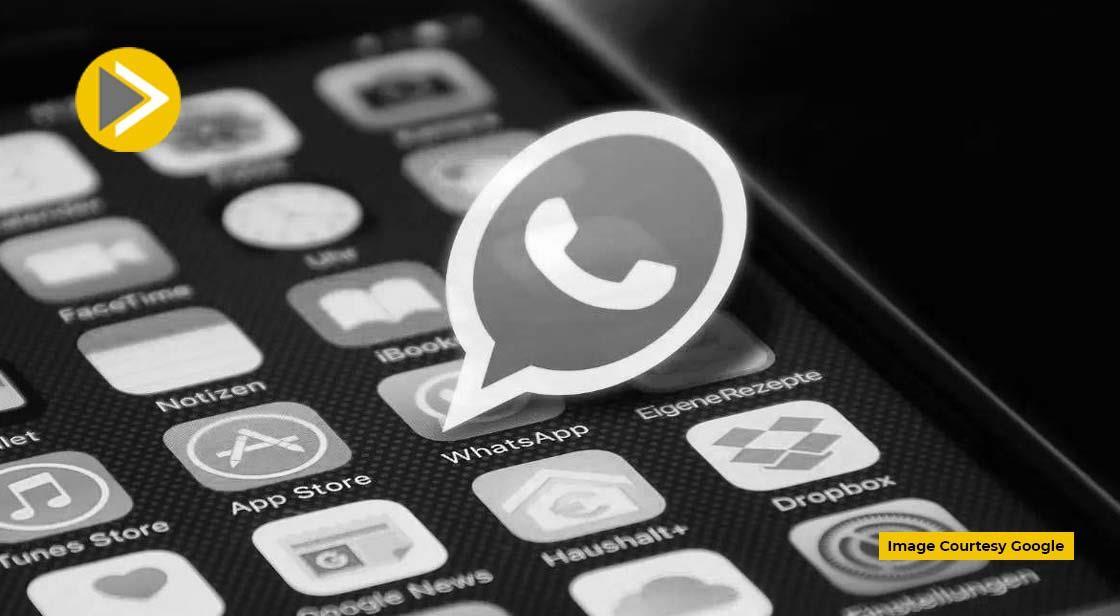WhatsApp Introduces Ads in Updates Tab, Says Personal Chats Will Remain Private

News Synopsis
Meta has officially begun displaying advertisements on WhatsApp, starting with the Updates tab. This rollout marks the first time users are seeing ads integrated into the popular messaging app.
Ads are being introduced via WhatsApp’s “Status” feature within the Updates section, which resembles Instagram and Facebook Stories. This move signifies a major shift in WhatsApp’s operations as it ventures further into monetization.
The announcement was made on Monday through the official WhatsApp blog, where Meta detailed three new features being added to the Updates tab: channel subscriptions, promoted channels, and ads in Status. According to the blog post, WhatsApp now has 1.5 billion daily users globally.
What’s Changing in WhatsApp?
Ads in the Status Section
Advertisements will appear inside the Status section — the feature that allows users to share text, photos, or videos that disappear after 24 hours. These ads will be displayed next to updates from personal contacts.
Meta assured users,
“We’ve been talking about our plans to build a business that does not interrupt your personal chats for years and we believe the Updates tab is the right place for these new features to work.”
Importantly, ads will not be shown in private messages, chats, or group conversations. End-to-end encryption will continue to protect user communication.
Monetisation Through New Features
Paid Channel Subscriptions
Apart from ads, WhatsApp is introducing a subscription model for channels, where users can pay a monthly fee to receive exclusive content from their favorite creators or organizations.
Promoted Channels in Explore
To boost visibility, promoted channels will now be shown in the Explore section, allowing channel admins to reach a wider audience and grow their subscriber base.
How Will Ad Targeting Work on WhatsApp?
WhatsApp stated that ad personalisation will be limited and based on non-intrusive data such as:
-
Your city or country
-
Language preferences
-
Channels you follow
-
Interactions with ads
If your WhatsApp is connected to Meta’s Accounts Center, your ad preferences from Facebook or Instagram may also be used to tailor your experience.
Meta emphasized that:
It will not share or sell users’ phone numbers to advertisers.
Personal chats, calls, and group activity will not be used to target ads and will remain end-to-end encrypted.
A Long-Awaited Move for Meta
The idea of introducing ads to WhatsApp has been in discussion for several years but was postponed due to concerns over user privacy and app experience. In 2023, WhatsApp head Will Cathcart confirmed that ad implementation was still being developed.
Now with the rollout underway, WhatsApp joins Instagram and Facebook in becoming a monetized platform for advertisers. This aligns with Meta’s broader business strategy. In fact, Meta generated over $160 billion in ad revenue last year, underlining the importance of advertising in its ecosystem.
Conclusion
The introduction of advertisements in WhatsApp marks a significant evolution in the platform’s journey, aligning it more closely with Meta’s other revenue-generating services like Facebook and Instagram. By placing ads in the Updates tab — specifically within the Status section — Meta is attempting to balance monetization with user experience.
The assurance that personal chats, group messages, and calls will remain end-to-end encrypted and free of advertisements reflects the company’s commitment to privacy, a core value that made WhatsApp popular in the first place. Alongside ads, features like channel subscriptions and promoted channels show that WhatsApp is transitioning from a pure messaging app to a broader content and business platform.
While these changes might be welcomed by brands and content creators, users will be watching closely to see if the platform can uphold its promise of non-intrusive monetization. If managed well, this could redefine how messaging apps generate revenue without compromising user trust.
You May Like









